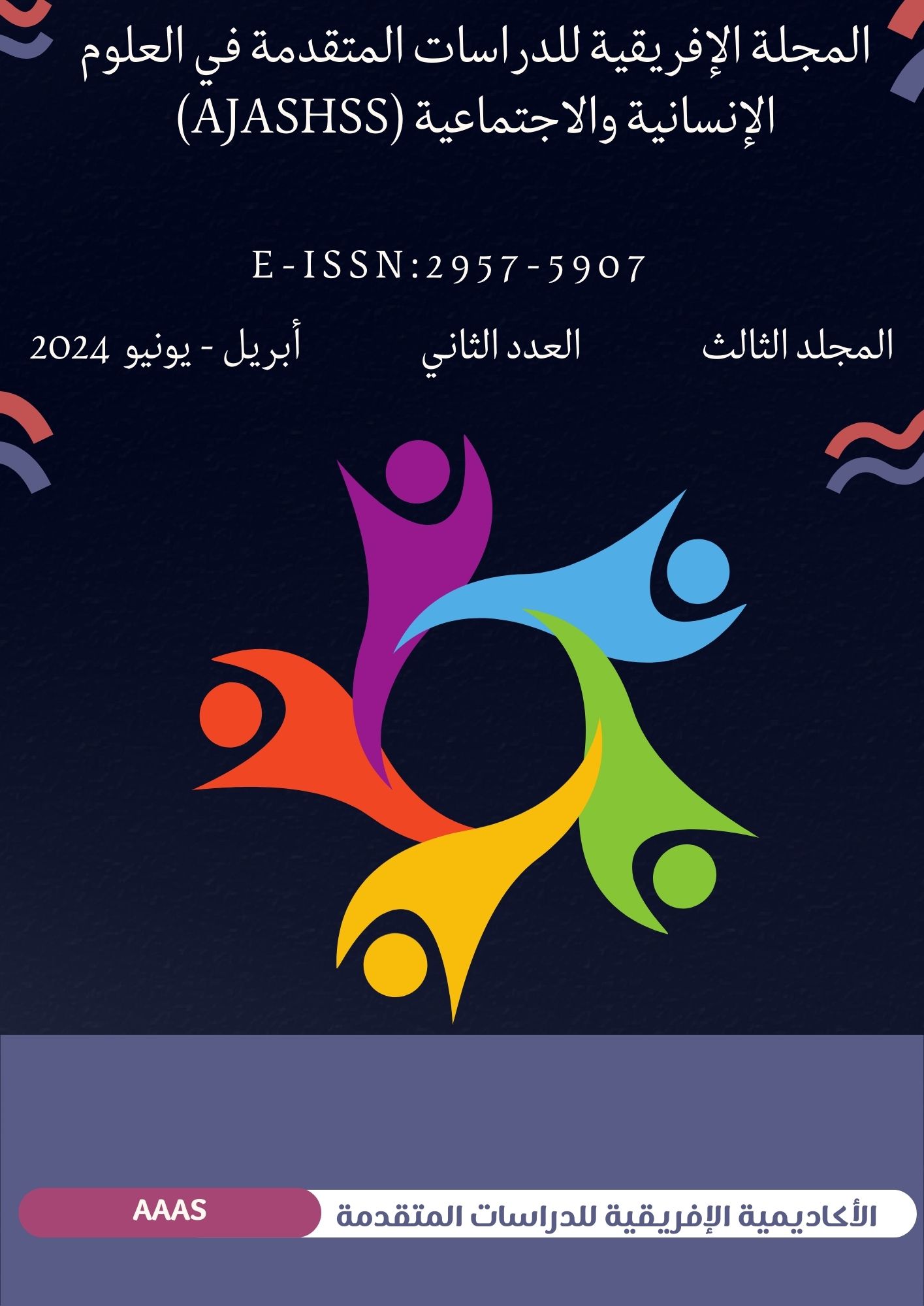The Influence of Administrative Policies on Employee Motivation and Productivity
Keywords:
Administrative Policies, Employee Motivation, Productivity, Work Flexibility, Performance Evaluation, Rewards and Recognition, Training and DevelopmentAbstract
This research examines the influence of administrative policies on employee motivation and productivity within organizational settings. Administrative policies, encompassing work flexibility, performance evaluation systems, rewards and recognition programs, and training and development opportunities, play a crucial role in shaping the work environment and influencing employee behaviors. Through a mixed-methods approach combining surveys and interviews, this study investigates how these policies impact employee engagement and performance. Findings highlight the positive effects of work flexibility on job satisfaction and work-life balance, emphasizing its role in enhancing employee motivation and productivity. Transparent and fair performance evaluations are shown to provide employees with clarity and feedback, fostering accountability and performance improvement. Additionally, well-structured rewards and recognition programs significantly motivate employees, reinforcing desired behaviors and promoting a culture of appreciation. Continuous training and development opportunities are identified as essential for maintaining a skilled and motivated workforce.
Published
How to Cite
Issue
Section

This work is licensed under a Creative Commons Attribution 4.0 International License.






